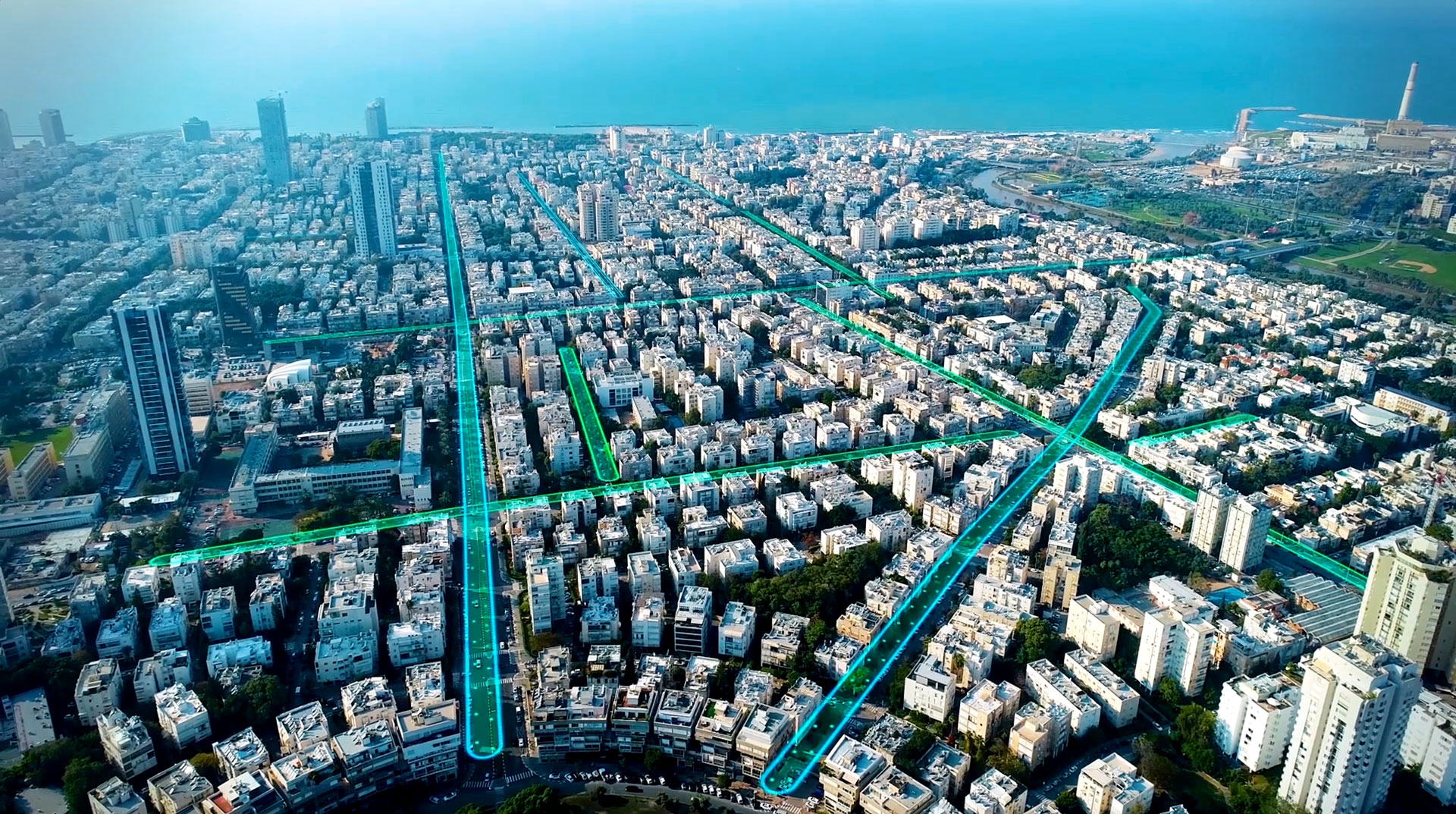Electrified Corridor to Serve as a Tool to Help Michigan Central Partners Solve Mobility Challenges
February 1, 2022
Michigan Central will soon be adding another valuable new resource to its mobility partners’ toolkit, as they tackle the mobility challenges of the future. Inductive vehicle charging will be coming to the district’s area, allowing for the testing of the next generation of battery-electric vehicle charging technology.
As early as next year, Michigan Central will become part of this first-of-its-kind electrified corridor in Corktown, thanks to a collaboration between Electreon and the Michigan Department of Transportation (MDOT) on a new pilot project. The project will build a public wireless in-road charging system around the district, providing a shared charging resource for both electric vehicles and innovators and, in the process, make the district a top destination for electric vehicle charging research. Michigan Central’s open platform will allow its partners to take advantage of the unique opportunity to leverage inductive vehicle charging capability – a transformational technology for the future of electrified vehicles – as they collaborate on mobility solutions.
The testbed will be enabled by inductive vehicle charging technology from Electreon, the leading provider of wireless charging solutions for electric vehicles. They were selected by MDOT to lead the inductive vehicle charging pilot. Detroit-based nonprofit NextEnergy will support the project as a subcontractor for Electreon, while Jacobs Engineering Group, an engineering and architecture services firm, will serve as program manager and design lead. It will be supported by partners like Ford, DTE Energy, and the City of Detroit, among others.
Inductive charging allows a vehicle to charge while in motion. Like static charging, which occurs when a vehicle is stopped, inductive vehicle charging is a quick and safe method for the charging of electric vehicles. It can also help tackle two of the primary challenges for consumers with electric vehicles by helping ease range anxiety and reducing the total cost of ownership.
The first phase of the inductive charging corridor will be operational in 2023, while the second phase is expected in 2024.
Additional Sources:


